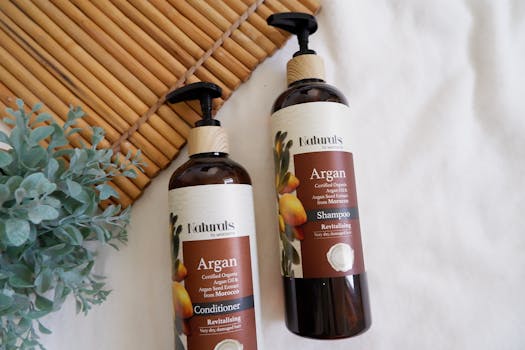
Eco-Friendly Beauty: Sustainable Tips for the Conscious Consumer
Eco-friendly beauty is a growing trend that is becoming increasingly popular among consumers who care about the environment. As a conscious consumer, you want to make sure that the beauty products you use are not only good for your skin but also for the planet. In this article, we will explore the world of eco-friendly beauty and provide you with sustainable tips to help you make a positive impact on the environment.
What is Eco-Friendly Beauty?
Eco-friendly beauty refers to the use of natural and organic ingredients in beauty products that are free from harsh chemicals, synthetic fragrances, and dyes. These products are designed to be gentle on the skin and the environment, reducing the risk of skin irritation and pollution. Eco-friendly beauty products are also often packaged in recyclable or biodegradable materials, reducing waste and minimizing the carbon footprint.
Sustainable Tips for the Conscious Consumer

Here are some sustainable tips for the conscious consumer who wants to make a positive impact on the environment:
- Choose products with natural and organic ingredients
- Opt for products with minimal packaging or recyclable packaging
- Avoid products with harsh chemicals, synthetic fragrances, and dyes
- Buy products in bulk to reduce waste
- Support brands that are committed to sustainability and eco-friendliness
Eco-Friendly Beauty Products

There are many eco-friendly beauty products available in the market that are gentle on the skin and the environment. Some popular eco-friendly beauty products include:
- Natural skincare products made from ingredients such as coconut oil, shea butter, and essential oils
- Organic makeup products made from natural ingredients such as plant-based pigments and natural waxes
- Eco-friendly hair care products made from natural ingredients such as coconut oil, argan oil, and shea butter
Benefits of Eco-Friendly Beauty

The benefits of eco-friendly beauty are numerous, including:
- Reduced risk of skin irritation and allergic reactions
- Improved skin health and appearance
- Reduced environmental pollution and waste
- Support for sustainable and eco-friendly brands




